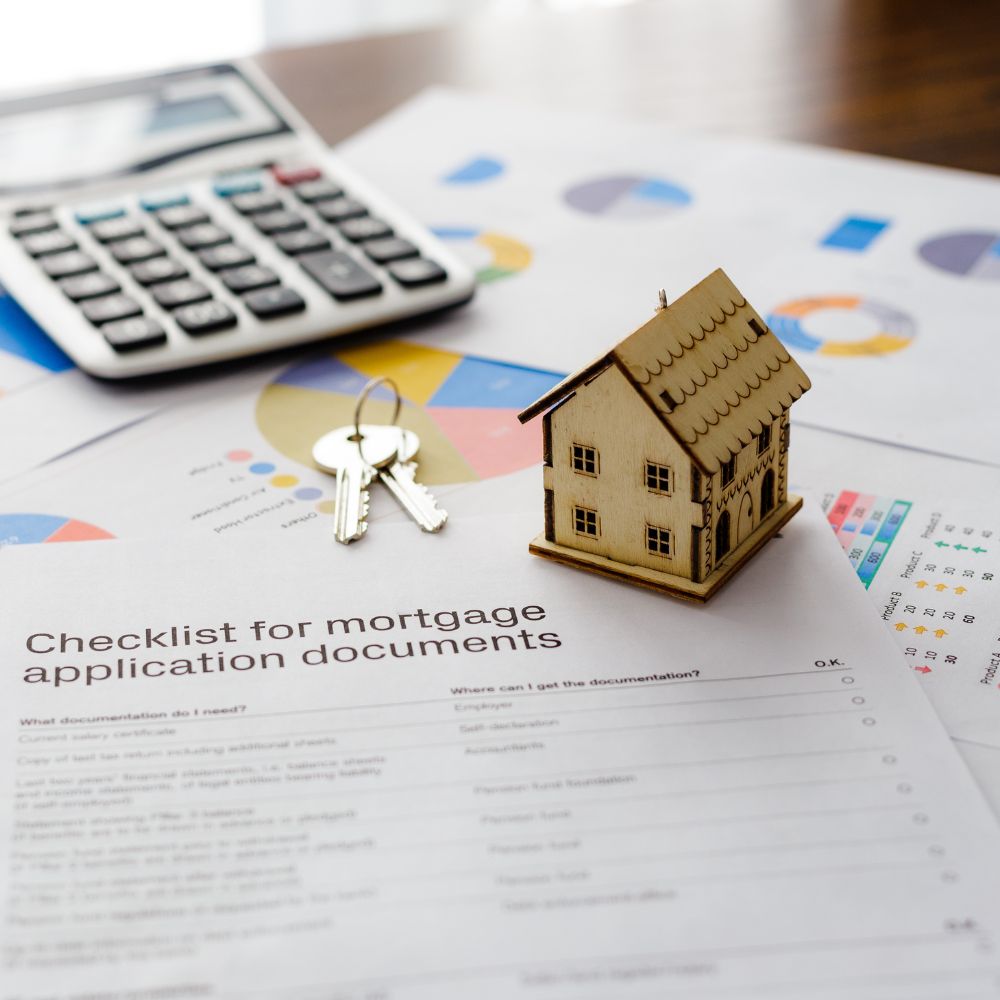
Buying a home is an exciting milestone for many people. However, securing a mortgage can often feel like a daunting process, especially for first-time buyers. To help you navigate the mortgage landscape, we’ve compiled a list of what you need to get a mortgage in the UK. By understanding the necessary documentation and requirements, you can increase your chances of securing the best possible mortgage for your needs.
A good credit score
Your credit score is a crucial factor that lenders consider when assessing your mortgage application. A good credit score demonstrates that you have a history of managing your finances responsibly, and it can increase your chances of getting a mortgage with favourable terms. To check your credit score, you can use credit reference agencies such as Experian, Equifax, or TransUnion. If your credit score is low, consider taking steps to improve it, such as paying your bills on time and reducing your debt.
Proof of income
Lenders need to know that you have a stable income to ensure that you can afford the mortgage repayments. As a result, you’ll need to provide proof of income, typically in the form of payslips from the last three months or, if you’re self-employed, your tax returns and accounts for the past two years. Some lenders may also require a letter from your employer confirming your employment status and salary.
Bank statements
To further assess your financial stability, lenders will ask for your bank statements from the last three to six months. These statements will help them review your spending habits and ensure that you can afford the mortgage repayments. Make sure to maintain a healthy bank balance and avoid any significant, unexplained transactions during this period.
Proof of deposit
To get a mortgage in the UK, you’ll need to provide a deposit. The minimum deposit typically ranges from 5% to 20% of the property’s value, depending on the lender and mortgage type. You must provide proof of your deposit, such as a bank statement or a letter from a family member if they are gifting you the funds.
Identification and address verification
Lenders are required to verify your identity and address as part of the application process. You’ll need to provide a valid ID, such as a passport or driving licence, and proof of your current address, like a recent utility bill or council tax statement.
Property valuation
Before approving your mortgage, lenders will require a valuation of the property you’re looking to buy. This valuation helps them determine if the property is worth the asking price and acts as security for the loan. The cost of the valuation may be included in your mortgage fees, or you may need to pay for it separately.
Mortgage agreement in principle (AIP)
Obtaining a mortgage agreement in principle (AIP) is an optional but highly recommended step in the mortgage application process. An AIP is a written estimate from a lender stating how much they may be willing to lend you based on your financial information. It can help you understand how much you can afford and give sellers confidence that you’re a serious buyer.
In summary, understanding what you need to get a mortgage is crucial in making the process smoother and more manageable. By preparing the necessary documentation and meeting the requirements, you can increase your chances of securing the best possible mortgage for your needs. Start by checking your credit score, gathering your financial documents, and researching suitable products to help you on your journey to homeownership.
Related articles:
How to buy a home: A step-by-step guide to the house buying process
